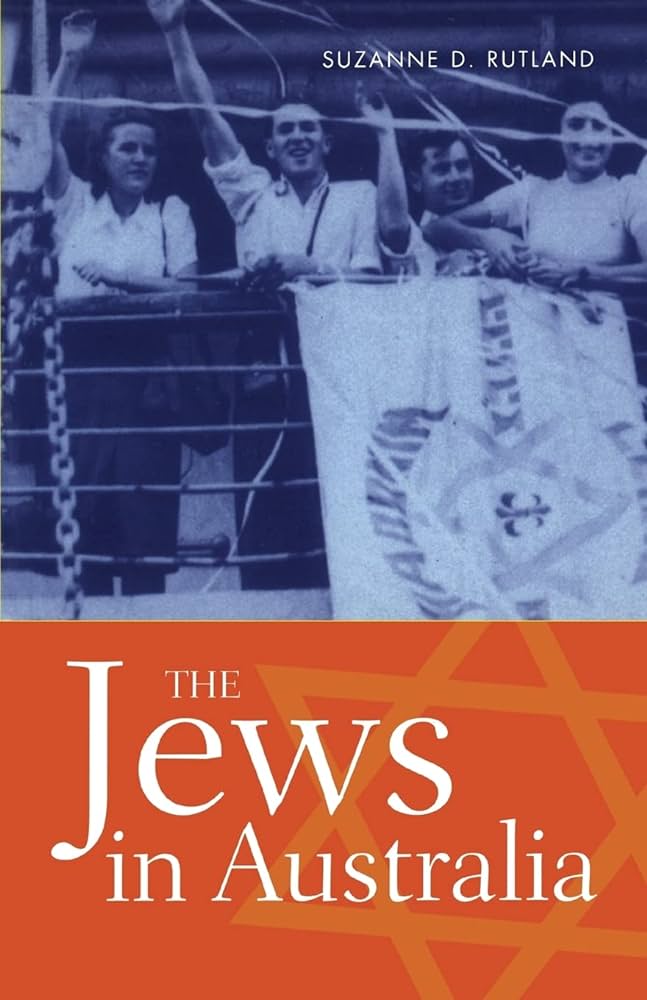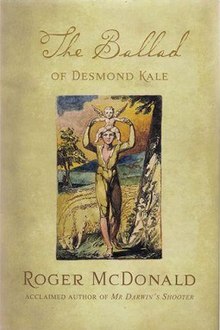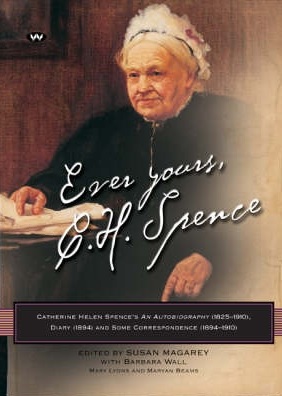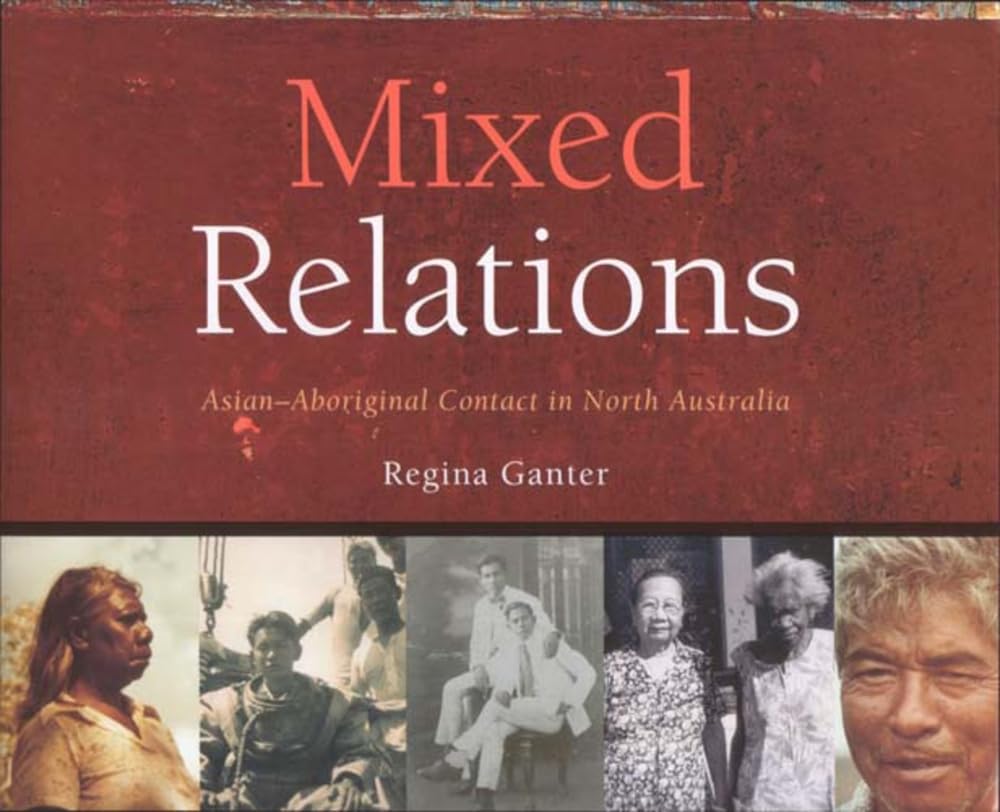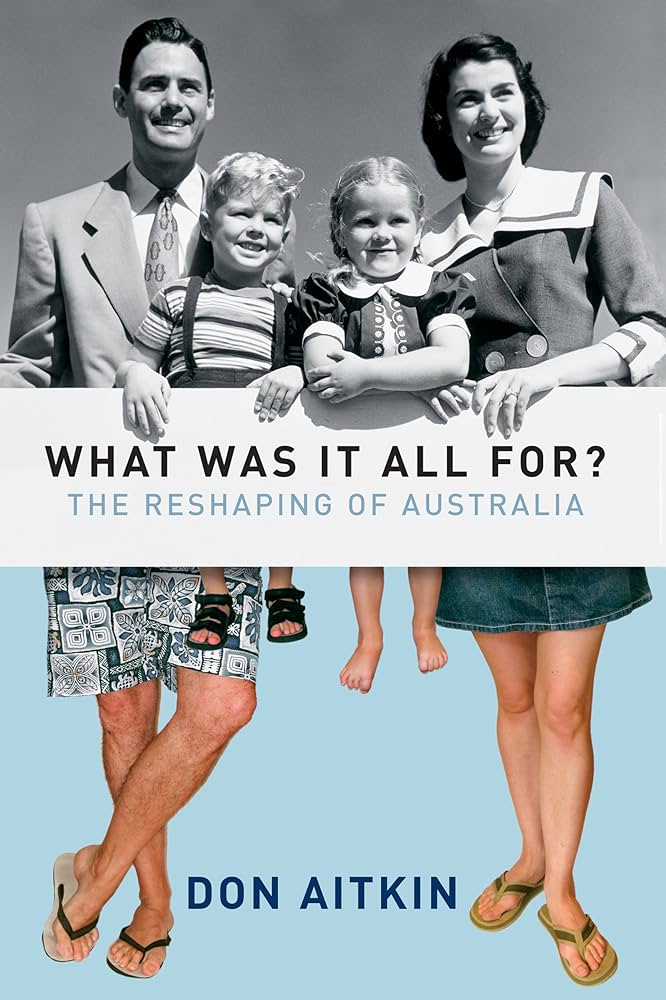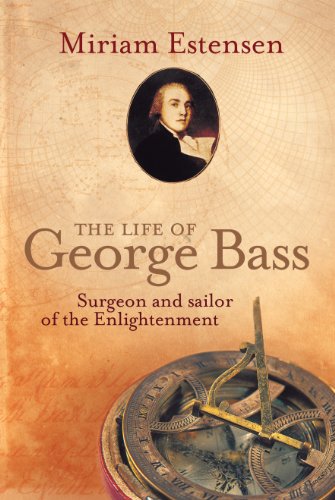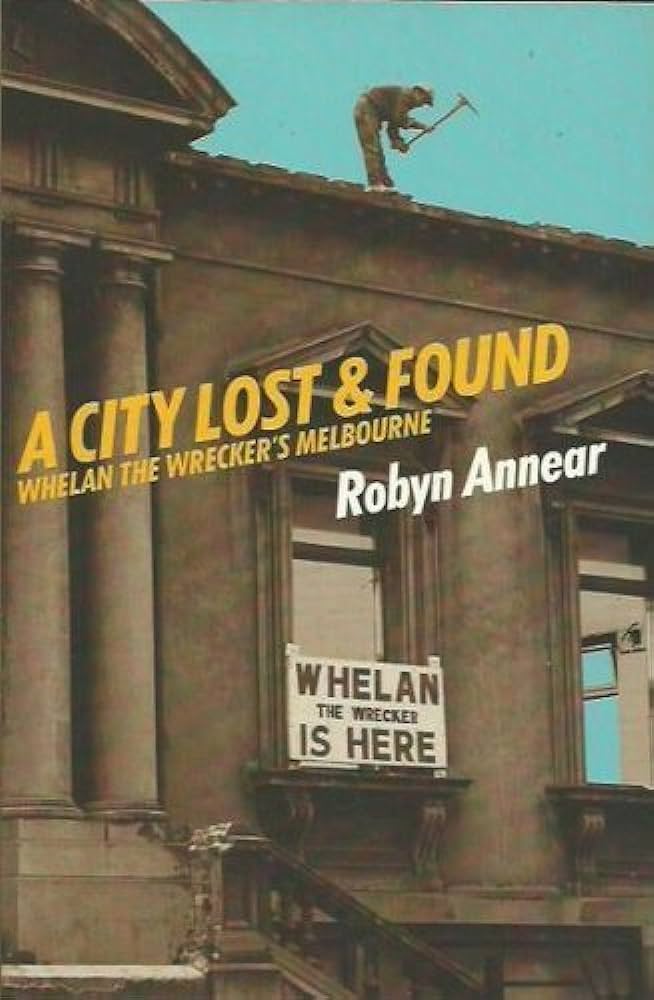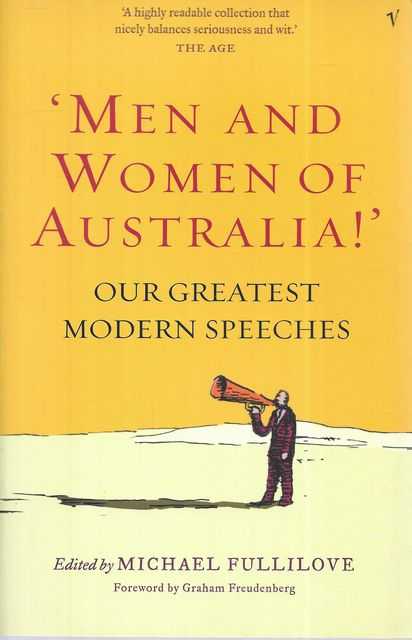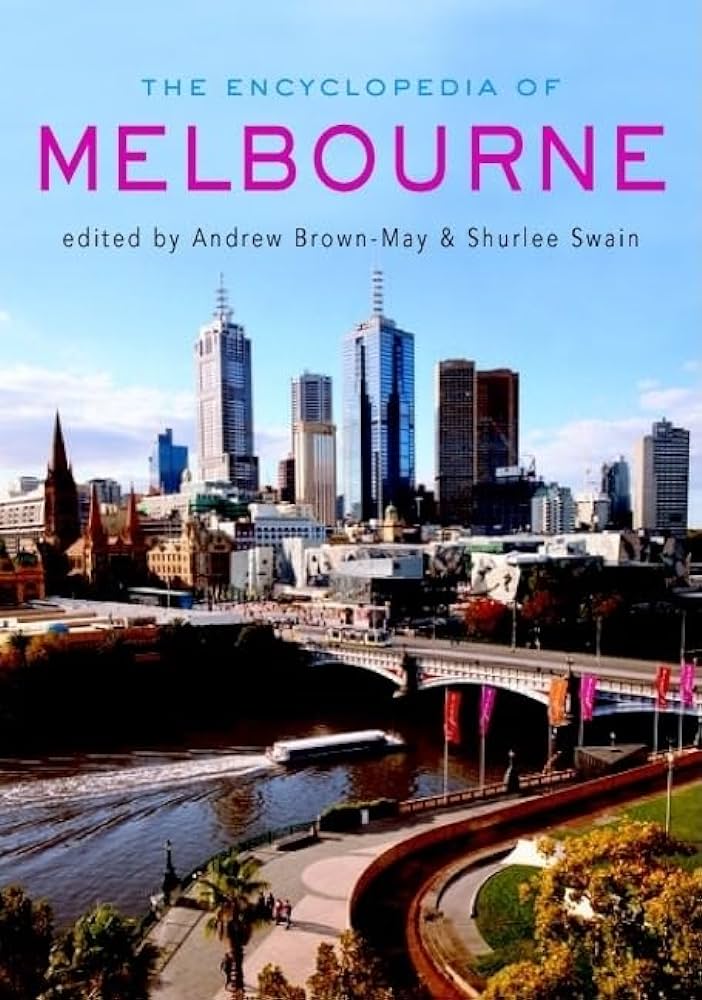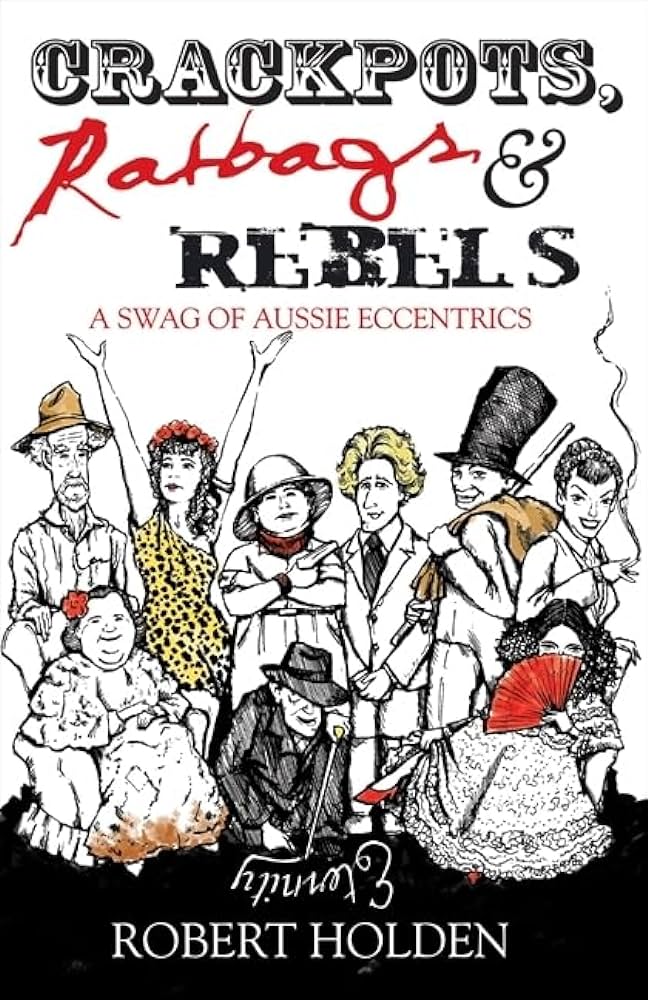Australian History
It is one of the ironies of Jewish life in Australia that it is at once thriving and dying. The Jewish community drew its contemporary renaissance from the influx of postwar Jews from major centres in Eastern Europe, which were annihilated by the Nazis and their collaborators. Mostly victims of anti-Semitic persecution, the immigrants of the 1930s to 1950s brought a deep awareness and love of their culture and religious practice to an agreeable Australia, bolstering a Jewish community which to that time was predominantly British in origin and largely assimilationist. As Suzanne Rutland points out, in what is essentially a book of record, the immigration from Eastern Europe revitalised Jewish life in Australia.
... (read more)How much do you care about sheep? I mean really care about sheep. Because The Ballad of Desmond Kale is up to its woolly neck in them. It’s an unusual and inspired variation on the classic Australian colonial novel of hunters for fortune, for identity and for redemption. The historical record is filled with accounts of early settlers grappling with the hostile and unpleasant environment. The battle to tame the distinctly un-European landscape has been a recurring theme in Australian literature ever since. As a consequence, the physical landscape has been mythologised. Here, the rhetoric goes, we might find ourselves. The bush and the outback are awarded a spiritual quality. If we can understand this, be at one with the space that was formerly so hostile to us, then maybe we can understand what it means to be Australian.
... (read more)Ever Yours, C.H. Spence: Catherine Helen Spence’s an autobiography (1825–1910), diary (1894) and some correspondence (1894–1910) edited by Susan Magarey
As Nicholas Jose observed in the November 2005 issue of ABR, the face of South Australian novelist Catherine Spence, currently featured on our $5 note, circulates much more widely than any of her books. Like those of several other nineteenth-century Australian women writers, Spence’s novels were revived in the 1980s but are now once again out of print. So this new edition of her autobiography, extensively annotated and accompanied by letters and a diary never before published, is especially welcome.
... (read more)Mixed Relations: Histories and stories of Asian–Aboriginal contact in north Australia by Regina Ganter (with Julia Martinez and Gary Lee)
In recent years, ‘White Australia’ has become an episode in Australian history whose inception, imperfect execution and demise must be explained. Regina Ganter and her coauthors dwell on its spatial, as well as temporal, limits. ‘In the far northern townships, the dominant lived experience was not of a white Australia but of a polyethnic one.’ In northern coastal towns – particularly Broome, Wyndham, Darwin, Normanton, Cooktown and Cairns – people from Asia flourished and whites were marginal. Indeed, the Asian presence in Australia preceded that of whites. The first two chapters of this vividly illustrated book show a long and intimate association between Macassans and Yolngu (Arnhem Land Aborigines). Yolngu now recognise some citizens of Indonesia as ‘family’, referring to actual lines of descent.
... (read more)What Was It All For? by Don Aitken & Australia Fair by Hugh Stretton
Don Aitken was born in 1937, Hugh Stretton in 1924. They have both had distinguished academic careers, making important contributions to the development of Australian social science, and at various points have been prominent in public debate. Both of these books might be seen as reflections on the current state of Australia, about which the younger Aitken is clearly more optimistic than is Stretton.
... (read more)The Life of George Bass: Surgeon and sailor of the enlightenment by Miriam Estensen
The only surviving image of George Bass is surrounded by as much mystery as his death. It is a photograph of a painting that has now disappeared, thought to have been painted in about 1800. A handsome young man looks straight out at the viewer, with a faintly supercilious smirk. His hair is tied back and perhaps powdered – old-fashioned, I would have thought, for a young man in 1800, when Bass was only twenty-nine. Bass is known to every eastern-states schoolchild as half of Bass and Flinders, famous for their exploits in Tom Thumb – actually two different small open boats in which they explored the south coast of New South Wales at different times. Matthew Flinders proposed that Bass Strait be so named because it was Bass’s 1797–98 voyage in a whaleboat that had convinced him that it must be a strait rather than a bay, and led to their circumnavigation of Tasmania in the Norfolk, in 1798–99.
... (read more)A City Lost and Found: Whelan the Wrecker's Melbourne by Robyn Annear
If Melbourne’s claim to be the ‘world’s most liveable city’ can be taken seriously, it is largely because of its capacity for reinvention, the adaptability of its buildings and infrastructure to an expanding population, and changes in transport, communications, patterns of work, and the general lifestyle of its inhabitants.
... (read more)'Men And Women of Australia!': Our greatest modern speeches edited by Michael Fullilove
There was no chaplain aboard the troopship Transylvania as it travelled across the Mediterranean Sea for France in 1916, so the sermon was left to Frank Bethune, a Tasmanian clergyman and private soldier. Bethune rose on the promenade deck and informed the soldiers that, god-fearing or not, they were righting a great wrong and were not heroes, but men. ‘What else do we wish except to go straight forward at the enemy?’ he asked. ‘With our dear ones far behind us and God above us, and our friends on each side of us and only the enemy in front of us – what more do we wish than that?’ Also aboard the ship was Australia’s official war correspondent, Charles Bean. After describing the effect of Bethune’s sermon on the soldiers, Bean delivered the ultimate praise: ‘[There] were tears in many men’s eyes when he finished – and that does not often happen with Australians … And that was because he had put his finger, just for one moment, straight on to the heart of the nation.’
... (read more)Encyclopedia of Melbourne edited by Andrew Brown-May and Shurlee Swain
This Encyclopedia – claimed by the publishers to be the first for Melbourne – is an immense undertaking. The sheer numbers are staggering: 1500-odd articles, 850,000 words, 250 illustrations, nineteen maps and twenty-one tables, produced over a period of nearly ten years by an army comprising two principal editors, five associate editors, fifteen working parties and 440 authors (to say nothing of administrative and publishing staff). Fourteen notable residents offer more reflective pieces on ‘My Melbourne’, ranging from Stephanie Alexander on ‘Eating Melbourne’ and Barry Dickins on St Paul’s Cathedral (his ‘favourite place of anarchy’), to Barry Humphries’ elegiac meditation on ‘the days of Gladstone bags and gloves and hats and glads, / Before Melbourne had been Starbucked, and the trams plastered with ads’.
... (read more)Crackpots, Ratbags and Rebels by Robert Holden & Up Close by Peter Wilmoth
We’re all interested in people; misanthropy is not trendy. Contemporary interest in people may be manifested by the success of reality television, the media coverage given to celebrities, and books such as these, which set out to investigate people and what makes them tick.
... (read more)

